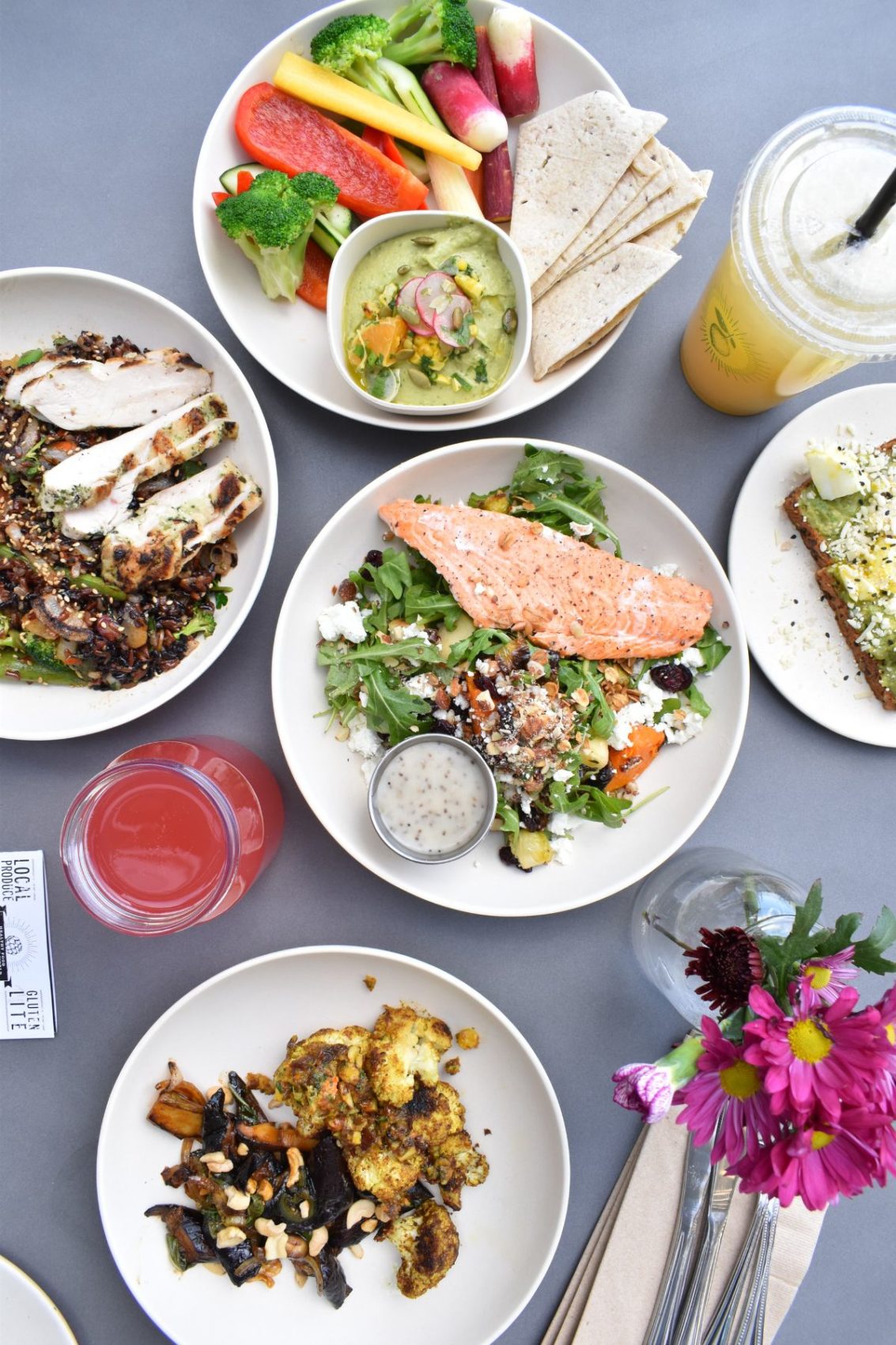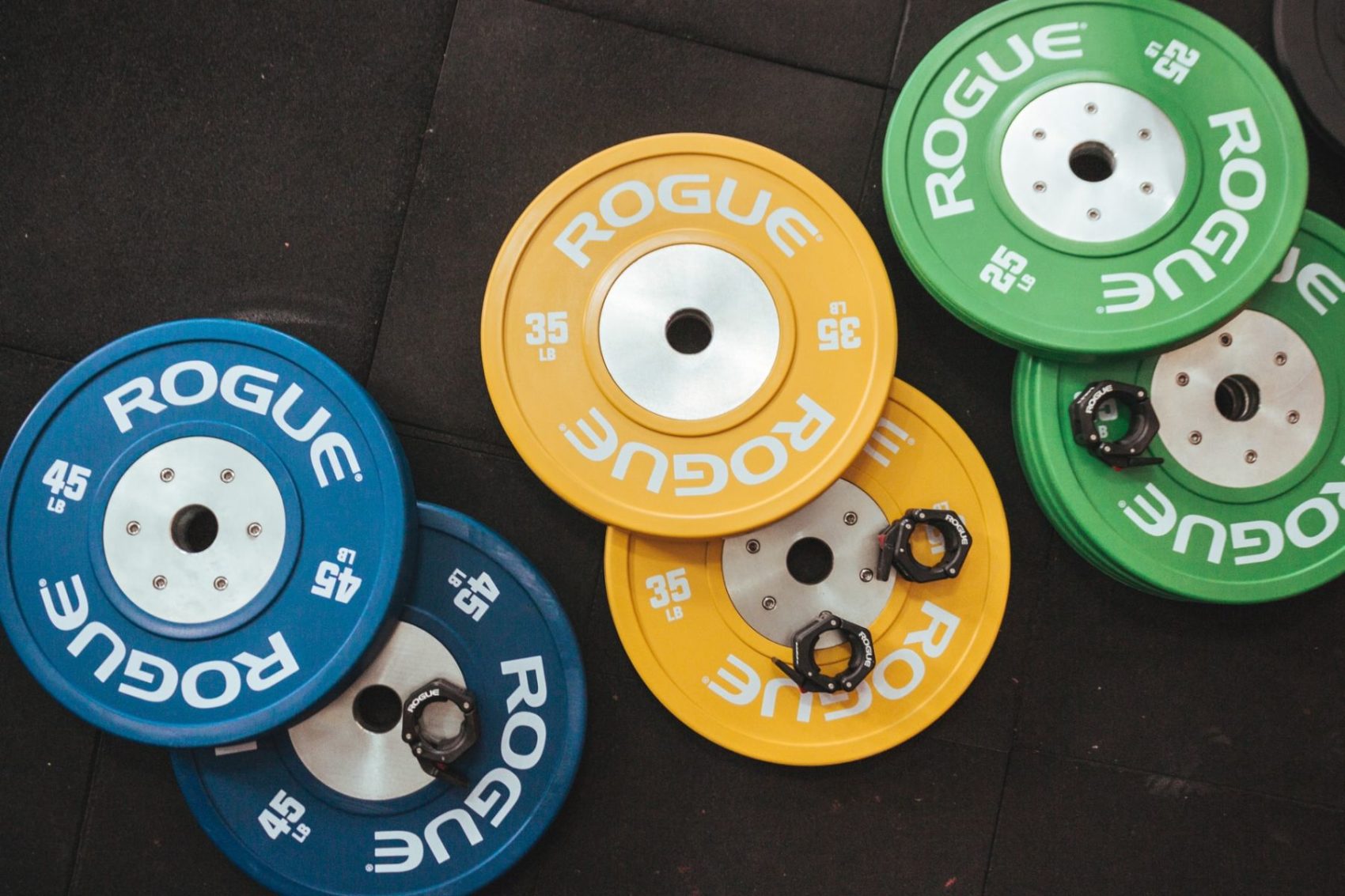As I started my fitness journey, I also grew more conscious to nutrition.
- What is considered as healthy?
- What should you look after?
- Which nutritional dogma resonates with me?
- What is nonsense?
Likewise, much of the fitness world I found my way into tracking macronutrients. At first, this was great – I learned much about nutrition and which foods contain which substances.
After a year and me growing more ambitious towards training, I fell into binge eating – of course without noticing it first. A while after it got very serious I threw the whole tracking madness out of the window and started intuitive eating.
This was two years ago. At that time – I didn’t even know about the fancy concept of intuitive eating. I just knew, I had a problem and that tracking was a big part of it.
That’s why I wanna talk with you about this game-changer, at least for me. Maybe intuitive eating can improve your life, too, or at least give you some freedom regarding your nutrition.
Let’s head right into that interesting topic!
Why Intuitive Eating isn’t another Diet
So what is Intuitive Eating really about?
It isn’t about WHAT you are eating, it is more about HOW you are eating.
- Do you track the food you are eating?
- Do you give yourself enough time to eat?
- Are you eating mindfully or while scrolling your Instafeed?
- Do you feel your body’s signs regarding food?
Different to other diets like keto or paleo, intuitive eating doesn’t care what you are eating. That is totally up to you. For one intuitive eating might be a holistic healthy diet, for another, it might be Cheetos all day.
That’s why intuitive eating is different for everyone.1 I for my part try to avoid grains and my diet looks primal most of the time.
To do so you need experience – to know which foods are good for you and which aren’t. Which foods you crave and which foods you hate. This can only be done through trial-and-error.
Besides that intuitive eating comes with the mindset: Get to know your body and learn to hear what it is telling you. You are in this together!
It is an ongoing experience of learning. You learn to not stress yourself that much about eating too much or too little. One good meal gets you far, as well as one bad meal won’t kill your process.

And that is what nutrition should be, isn’t it?
Something which supports you and is fun. Something which supports your lifestyle in the long-term and enhances your life.
But as previously mentioned – this simplicity comes with experience. And experience needs time. That’s why tracking beforehand might be useful to get a feeling for food.
Who can eat intuitive?
Everyone willing to learn can try to eat intuitively.
While I know it is not for everyone, many can benefit from it if they manage to withstand the temptations of modern high caloric society. The only people I would advise staying away are severely overweight ones and people with eating disorders. They should fix these first!
All the other average Joes shouldn’t have any problems – despite maybe find out that it sucks big time for their particular lifestyle.
Let’s be serious right here: Have you fun following strict diet protocols? I doubt it.
Intuitive eating is about building a better relationship with your body and nutrition in general. It is about building up strong habits and gathering knowledge about nutrition.
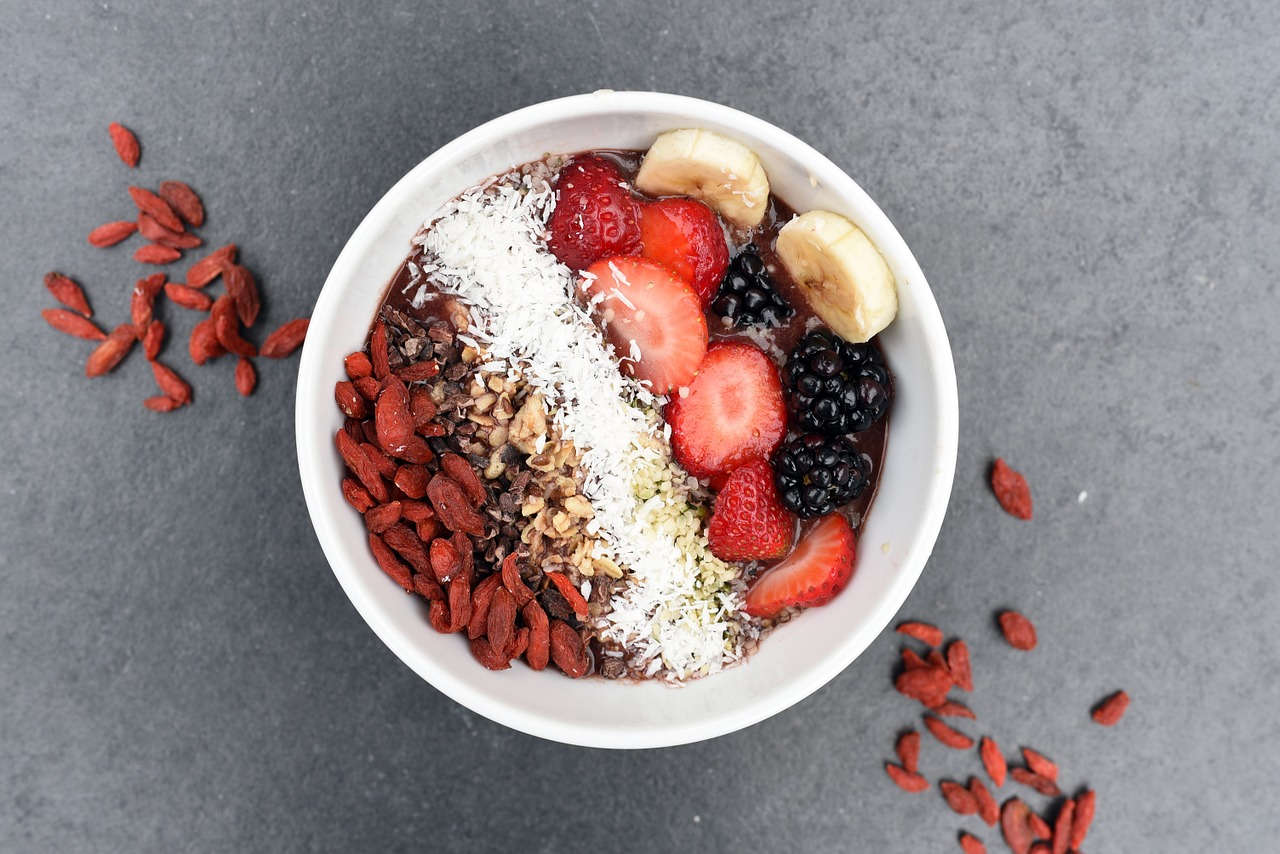
Most of the time, the above are severely damaged by some nutritional dogmas and the gurus preaching this nonsense.
That said – don’t see intuitive eating as the new final solution or trend. Rather see it as another tool in your toolbox. For some it works. Others fail horribly using it.2 Some are happy tracking and journaling your intake. Others develop eating disorders doing so.
Nutrition is what it is – a highly individual thing which can withstand all approaches to generalization.
How does Intuitive Eating work?
Phase 1: Understanding Nutrition
Nutrition is easy – basically speaking.
Eat what your body needs. Eat what makes you feel good. Feel good. Don’t worry about nutrition and use your supercomputer for more important stuff.
Buuut – that would be too easy, isn’t it? The first step above was – eat what your body needs. Therefore, you need that knowledge. And that’s a lot to learn, man.
To learn this – get down to work and educate yourself. Another great tool to get a feeling for nutrition is tracking* your intake.3 Measuring nutrition is difficult, but a few months of tracking should get this job done.
After you got this knowledge internalized you can decide to stick with this annoying habit if you like. Or you throw it out of the window and try to eat intuitively, utilizing what you learned on the way wandered. The next challenge ahead is learning to listen to your body – and proving your fears, of getting fat when not in control through tracking, wrong.4
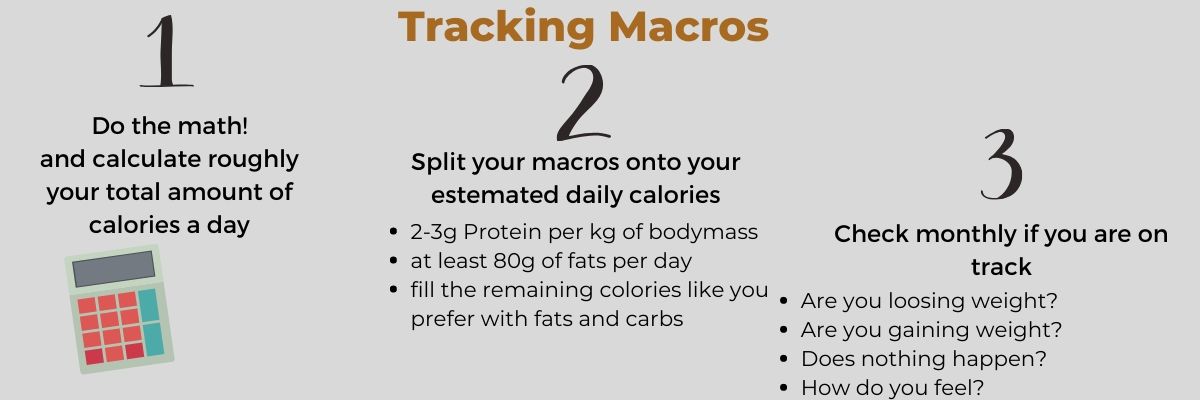
After the first learning phase you should be possible to answer these questions:
- Which foods needs my body to function properly? How can I help us to be a well-functioning unit?
- How do I get enough micro- and macronutrients? Is supplementation necessary?
- Which foods should I avoid because they harm my body provenly?
- Which foods could I never eat?
- Which foods I like are nutrient-rich and support my health? I bet you don’t hate everything there is that is stamped as veggie.
- Which foods can be considered for myself as soulfood?
- How can I manage to eat some soulfood each day without abusing this freedom?5
Phase 2: Build a Relationship with your Nutrition
Another important step to master is how you see foods. While for some this might be easy – others struggle hard with this.
Food should be a source of energy, nutrients and fuel for your body to function properly. It also should connect people, be simple and fun. No easy job!
What food shouldn’t be is a source of pleasure. Something you use to punish or reward yourself with.6I think there is a fine line with foods being useful as rewards and getting to an issue.(/efn_note] Something you wind down with.
Connecting food too strongly with psychological reward and stress mechanisms can resolve in eating disorders. Mine evolved through food being a reward and punishment. Throw a bit of fear and low self-esteem into the mix and you quickly create an eating disorder.
Be brutally honest with yourself here. If you feel you lack that mindset, fix your thinking. Maybe a bit more practical thinking like written about above could help you, too.
Ask yourself these questions:
- Do I like to eat? Or is it a necessity?
- Does my nutrition support my lifestyle?
- Is there anything negative I resemble with food?
- Why did I diet previously?
- Do I jump on every new trend?
- Do I truly love my body how it looks now? Or even with 1kg more or less? Do I love the person hidden in there, too?
Give yourself some time to go through these questions. And remember – not everything is black and white. I can love myself, but also see some room for improvement on myself. The baseline of all these questions should be positively connected.
OK – you like food, yourself and know a lot about food? You are ready to go – Congrats! You can buy my certification course for an initial price of 400€ right here. Just kidding.
Throw tracking over board and try to eat without tracking. Enjoy the freedom which comes with it. Plan wisely and check if you are still on course. But I am sure you will manage to do so!
Cheatsheet to eat intuitive:
- Phase I: Track your intake (approx. 3-6 months)
- Phase II: Check: Do I have a stable mental relationship towards food?Do I know enough about nutrition?
- Phase III: Go ahead and try it out. You have everything you need at your hands!
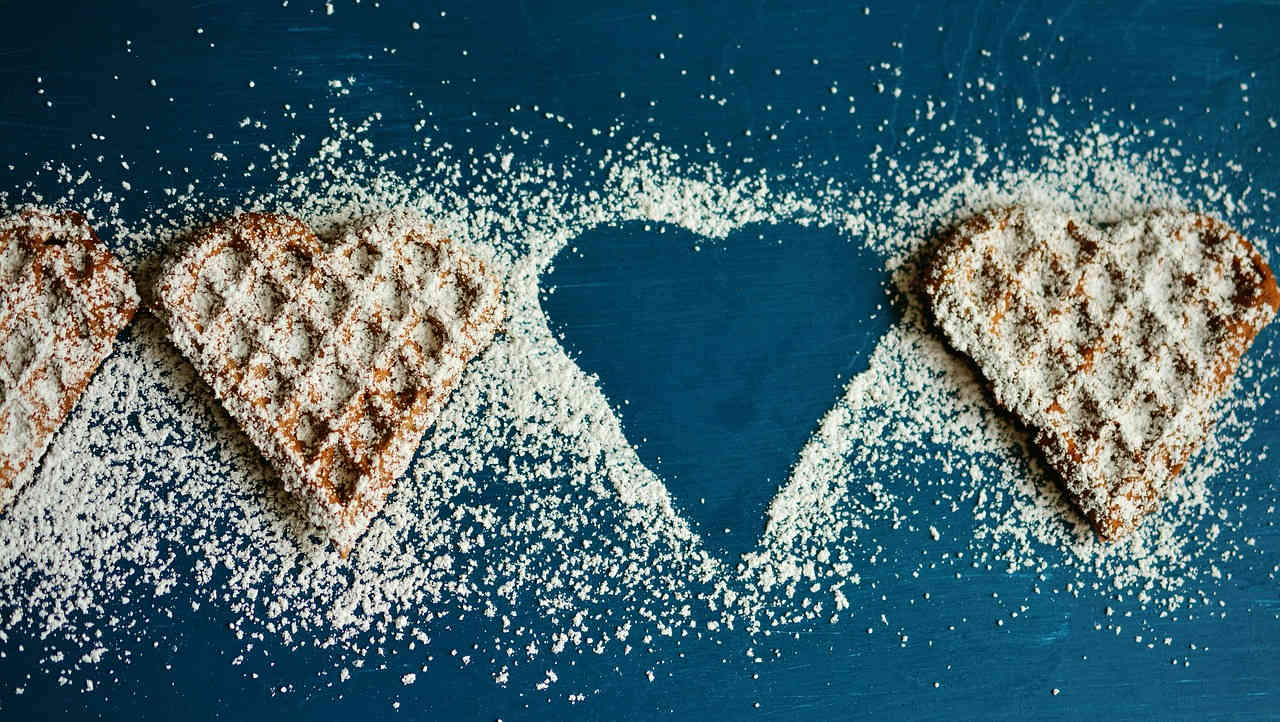
Rounding everything up:
Intuitive eating isn’t hard – on the contrary it is straight forward. But as much as I love this simplicity I must say that there are some basics to cover first.
Knowledge about nutrition and a healthy self-love go hand in hand. Without both your intuitive eating journey might get much harder. That’s why I recommend it. It is my approach to safely try it out.
Maybe eating intuitive sticks and is THE right thing for you? Who knows if you don’t plunge into it?
What are your experiences till now regarding diets and managing weight? I hate this trend thinking of people having to diet. I think nutrition is strongly related to habit. Form good habits and your lifestyle will improve. But – what are your thoughts on this?
Let me know I would love to discuss this with you!
If there are any questions left unanswered don’t hesitate and shoot me a comment, too! I will answer ASAP my potato Wi-Fi can manage it.
Till then and keep it simple ;-),

Footnotes
- Yogis say this often, too, that yoga is very personal. But – can’t say much more to that.
- Like me when trying to fix something at home. Afterwards the issue is much worse than it was in the first place. I really suck as a carpenter. Others could fix this issue using the same tool with ease…
- Yes, I am noticing and even advising tracking in an intuitive eating guide.
- There are natural talents, too. They eat their whole life intuitively and are totally happy with their life. They look healthy weighted and are active. My brother is like that. I always envy these guys a bit – if I would eat everything I could I would weigh 150kg+. My body only knows full-to-the-brim or starving-to-death. Thanks for that my non-existent hunger!
- I eat every day a whole slab of chocolate and still weigh 75kg. Balance is key.

